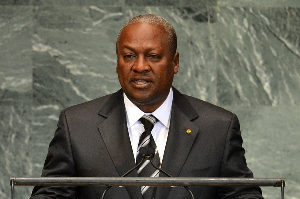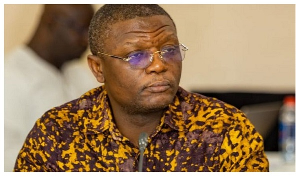Implementing a cassava processing programme in Ghana could bring about several benefits for the country:
Economic growth: Cassava is a staple crop in Ghana, and processing it into value-added products such as cassava flour, starch, and chips can create new revenue streams for farmers and processors. This can contribute to increased income and economic growth in rural areas.
Food security: Cassava is a versatile crop that can be used as a staple food or as an ingredient in various processed foods. By processing cassava into different products, Ghana can enhance its food security by diversifying its food sources and reducing reliance on imported food products.
Employment opportunities: The establishment of cassava processing plants and industries can create job opportunities for local communities, especially in rural areas where cassava is predominantly grown. This can help reduce unemployment and poverty levels in these regions.
Value addition: Processing cassava into higher-value products can increase the overall value of the crop and improve the income of farmers and processors. Value addition can also help Ghana compete in the global market by offering high-quality cassava products.
Agricultural sustainability: Cassava is a resilient crop that can thrive in diverse agro-ecological conditions. Promoting cassava processing can encourage sustainable agricultural practices and crop diversification, which can help improve soil health and reduce the risk of crop failure due to climate change.
In all, implementing a cassava processing programme in Ghana has the potential to boost the country's economy, improve food security, create employment opportunities, add value to the agricultural sector, and promote sustainable farming practices.
If former President John Mahama is elected as the next president of Ghana and fulfills his promise to implement a cassava processing programme, it could potentially bring about the aforementioned benefits.
The implementation of such a programme could contribute to economic growth, food security, job creation, value addition, and agricultural sustainability in Ghana. Mahama's next government will ensure that the programme is well-planned, effectively implemented, and inclusive of all stakeholders involved in the cassava value chain.
This could help maximise the positive impact of the programme on the country's agricultural sector and overall development.
Opinions of Saturday, 27 July 2024
Columnist: Anthony Obeng Afrane



















